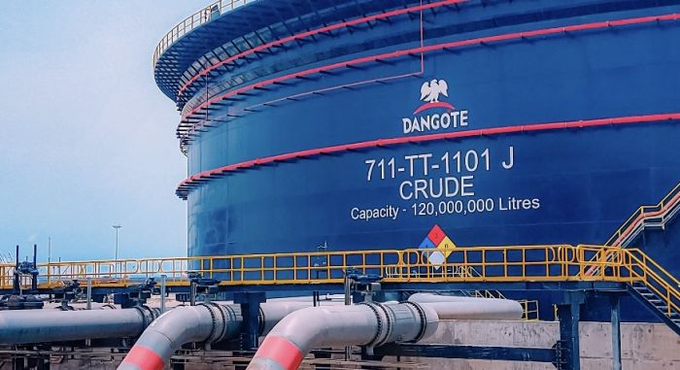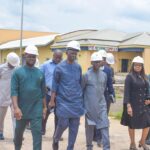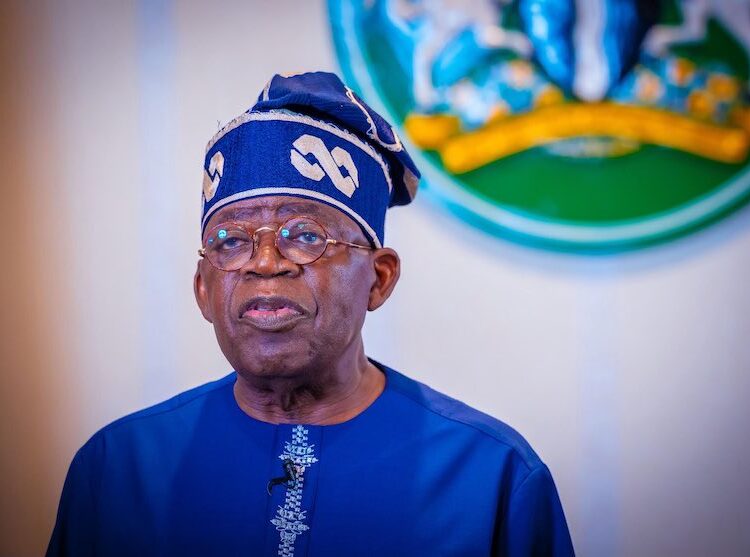The Dangote Refinery is set to roll out its first shipment of Premium Motor Spirit (PMS), commonly known as petrol, today, marking a significant milestone in Nigeria’s oil and gas industry. This development follows the successful completion of the refinery’s testing phase, and it is expected to alleviate the severe petrol shortages that have plagued towns and cities across the country.
The refinery, which boasts a capacity of 650,000 barrels per day, is now prepared to introduce its products to the local market. Insider sources have revealed that the Nigerian National Petroleum Corporation (NNPC) Limited will be the initial purchaser, with NNPC officials already on-site at the Lagos petrochemical plant to take delivery of the products.
In a noteworthy event, Aliko Dangote, the CEO of the refinery, is present at the plant today to witness the grand unveiling of the petroleum products after months of delays and technical challenges.
Nairametrics reported on Monday that the NNPC is anticipated to be the exclusive buyer of Dangote’s products due to its ongoing challenges in meeting international debt obligations to global oil traders.
**A Historic Milestone for Nigeria**
The commencement of petrol production by Dangote Refinery is a landmark achievement in Nigeria’s journey toward energy self-sufficiency. For a country that has long been dependent on petrol imports, this shift represents a significant stride towards reducing that reliance.
With its production capacity, the refinery not only aims to meet domestic demand but is also poised to export to neighboring countries. Current estimates suggest that Nigeria consumes approximately 35 million liters of petrol daily, while the Dangote Refinery is capable of producing at least 100 million liters per day once fully operational.
Despite the various challenges and delays encountered during the project, including supply issues with the NNPC and international oil companies (IOCs), these hurdles were eventually overcome through the intervention of the Nigerian Upstream Petroleum Regulatory Commission (NUPRC) and other key stakeholders.
Further support from the Federal Executive Council (FEC) facilitated an arrangement allowing Dangote Refinery to purchase crude oil in local currency and sell petrol in the same currency. This move is expected to ease pressure on the foreign exchange market.
As the refinery begins rolling out petrol today, with shipments expected to reach the local market in the coming days, Nigeria is on the brink of a new era in its oil and gas sector. The production of petroleum products by the Dangote Refinery not only enhances the country’s energy security but also signals the complete deregulation of the downstream sector, paving the way for a more competitive and robust market.







